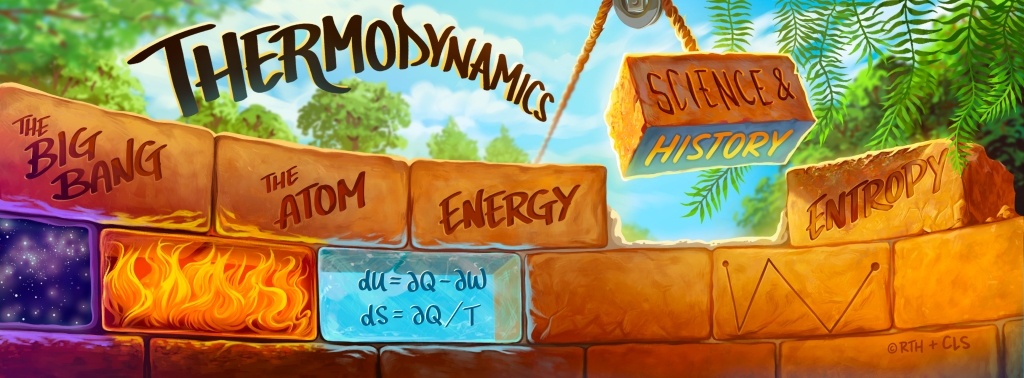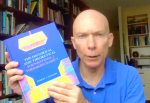Stephen Hawking: “I am just a child who has never grown up. I still keep asking these ‘how’ and ‘why’ questions. Occasionally, I find an answer.”
At what point does one stop asking “why?” For children, it is usually when exasperated parents, after hearing multiple successive why’s, say “stop” or “look it up” or “go outside and play” or “because I said so.” For adults, it is usually when we no longer have time to spend on such inquiries. I’m not sure when I stopped, but at some point I did. At some point I settled, gave up pursuit of answers, and accepted the need to memorize names, dates, and equations in order to achieve good grades. It wasn’t until I hit the age of 40 that I finally sat back and started asking why in a serious way.
I believe we are born to be curious, to ask why, to learn, to gain knowledge, to solve puzzles, to figure things out. There’s something in our genetic make-up that resulted in this disposition and so helped us survive as a species. And the thrill is not in the asking, it’s instead in the discovery. There’s a satisfying pleasure in pursuing answers, even if the quest is quixotic. We want to know.
Why ask why? For the sake of it. To reward our curiosity. To further our desire toward a lifelong pursuit of knowledge
The opportunity to ask “Why?” in thermodynamics
As regards my interest in thermodynamics, I really want to understand why nature behaves as it does. My many, many why’s aim toward understanding the connections between the micro-world of moving and interacting atoms and the macro-world of thermodynamic phenomena and the classical equations used to describe them. Answers that I’ve seen to date haven’t gone to the depth I’m seeking.
Below are the top 4 why questions I’m now wrestling with (I have many more). I can’t find answers. I’ve researched. I’ve asked. The answers aren’t there. As Jocko Willink would say, “Good!” This is what motivates and excites me. My going-in hypothesis is that answers exist, but they’re hidden, waiting to be discovered.
- The Joule-Thomson effect (here and here). During slow depressurization (constant enthalpy), why does the temperature of some gases decrease while that of others such as hydrogen increase? I’m working with an expert in molecular dynamics simulation to assess what’s happening as molecules interact with each other to cause this phenomena.
- The Gibbs-Helmholtz equation (here). For a given chemical reaction, what is the physical interpretation of the G-H equation?
- d(ΔGrxn)/dT = −ΔSrxn (constant P)
- The derivation is straightforward but the interpretation is not.
- Why does this equation work?
- I’m struggling to find someone to help me understand this.
- Clausius-Clapeyron equation. One of the Maxwell Relations is:
- (dP/dT)V = (dS/dV)T
- With certain assumptions, this equation transforms into the Clausius-Clapeyron equation, which specifies the temperature dependence of pressure at a phase transition of a single constituent.
- What is the physical interpretation of these equations? Why do they work? Same as for (2), I’m struggling to find help here as well.
- Stefan-Boltzmann law. Why does the intensity of the thermal radiation emitted by matter vary with T4? I’ve seen the derivation of this equation, but I have yet to see a physical explanation.
My why questions don’t stop with thermodynamics. I now live in Syracuse, NY, where the landscape of valleys, rivers, and lakes was created largely by the motion of glaciers. I want to know more about how this actually occurred and why the glaciers moved to begin with. And then there’s the weather.
If any of this discussion interests you, please don’t hesitate to subscribe and follow me on my journey. And don’t hesitate to reach out if you’re so inclined. My objective in writing a 2nd book (on-line this time) is to create a living document that I can continually update that captures the answers to the whys.
END
p.s. If you know anything about publishing a book on-line, not as an e-book, per se, but instead as a living document that enables updates, interactions with readers, multi-media, and other yet-to-be-defined features, please contact me. I’m imaging a platform similar to that used by the Wiki family. Thanks!


Leave a comment